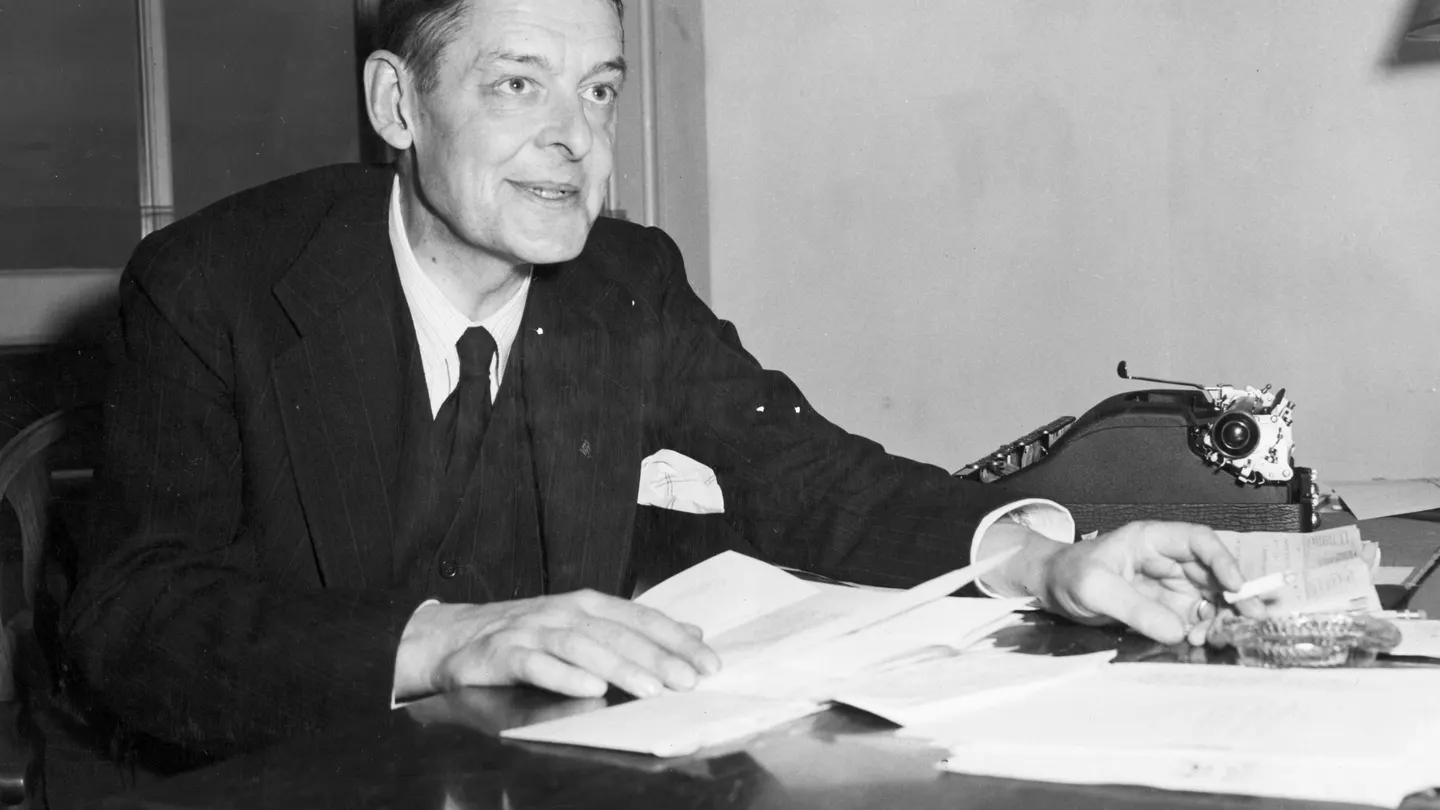An Introduction to T.S. Eliot
T.S. Eliot (1888–1965) was a pivotal figure in 20th-century literature, celebrated for his contributions as a playwright, poet, and essayist. Born in St. Louis, Eliot emerged as a central figure of the modernist movement in poetry, reshaping the landscape of literary expression.

Renowned Works and Their Impact
Among Eliot’s extensive body of work, two pieces stand out—’The Waste Land’ and ‘Murder in the Cathedral.’ ‘The Waste Land’ is often considered a defining modernist poem, characterized by its fragmented structure and innovative use of symbols. In contrast, ‘Murder in the Cathedral’ showcases his prowess in drama, exploring themes of faith, power, and morality. Additionally, his magnum opus, ‘Four Quartets,’ is renowned for its profound philosophical reflections and lyrical beauty, solidifying his status as a literary giant.
A Lasting Influence on Literature
Eliot’s influence transcends his immediate works. His modernist approach to storytelling and poetry opened the door for countless writers to experiment with form and content. In recognition of his literary achievements, Eliot was awarded the Nobel Prize for Literature in 1948. His dual role as a critic and creator further enriched the literary world, making his essays as significant as his poetry. Today, the works of T.S. Eliot continue to inspire and challenge readers and writers alike, highlighting the enduring relevance of his literary legacy. His works are widely accessible, particularly through Faber, allowing new generations to discover his remarkable contributions to literature.